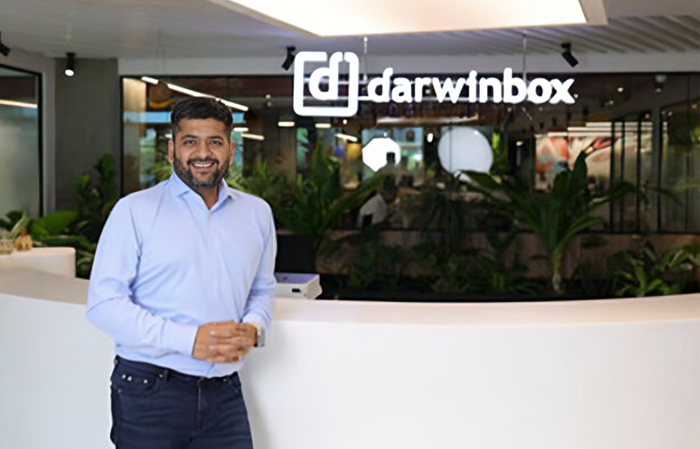Google and the Government of Tamil Nadu have entered into a strategic partnership aimed at accelerating the growth of an AI-driven ecosystem in the state. This collaboration, formalized through a Memorandum of Understanding (MoU), will focus on key areas such as enabling AI startups, enhancing skill development, and supporting the industrial ecosystem, including Micro, Small, and Medium Enterprises (MSMEs).
The MoU was signed at Google’s Mountain View headquarters, in the presence of Tamil Nadu Chief Minister MK Stalin, Industries Minister Dr. TRB Rajaa, and Google executives Amit Zavery and Nanda Ramachandran, along with officials from Guidance Tamil Nadu, the state’s investment promotion agency.
“We are pleased to collaborate with Google on advanced manufacturing initiatives, including the recently announced Made in India Pixel 8 phones being manufactured in Tamil Nadu,” said Dr. TRB Rajaa. “The MoU signed today will focus on key Artificial Intelligence (AI) initiatives under the Tamil Nadu AI Labs. Our partnership with Google marks a major step towards making Tamil Nadu a leading hub for AI and advanced electronics manufacturing.”
This partnership is designed to harness Google’s expertise and resources to empower individuals, businesses, and government entities in Tamil Nadu, enabling them to use AI for inclusive growth and development.
“We’re excited to join forces with the Tamil Nadu Government as they advance towards an AI-enabled future,” said Amit Zavery, GM/VP, and Head of Platform at Google Cloud. “This collaboration highlights our mutual commitment to promoting inclusive growth and technological advancement through AI. We are eager to build a robust AI ecosystem in Tamil Nadu—one that not only drives innovation and creates new opportunities but also equips people with the skills necessary to thrive in the digital era.”
Key Aspects of the Partnership
Manufacturing of Pixel 8 Phones: Tamil Nadu is playing a key role in the production of Made in India Pixel 8 devices through local partnerships, enhancing the state’s position in advanced manufacturing.
Skill Development and Education: Google will collaborate with the Tamil Nadu government to enhance AI capabilities among the workforce, potentially through the ‘Naan Mudhalvan’ upskilling platform.
Startups and Innovation: To boost the startup ecosystem, Google will offer mentorship, networking opportunities, and AI-focused events in Tamil Nadu. The Google for Startups program will provide eligible AI startups with valuable resources, such as Cloud credits and technical training.
Empowering MSMEs and Rural Economy: Google, along with Google Cloud partners, will work with the Tamil Nadu government to help MSMEs use Google Cloud’s AI on open network marketplaces to optimize operations and improve decision-making.
This strategic collaboration is set to lay the foundation for Tamil Nadu’s emergence as a prominent player in AI and advanced technology, paving the way for inclusive growth and technological advancement in the region.





















